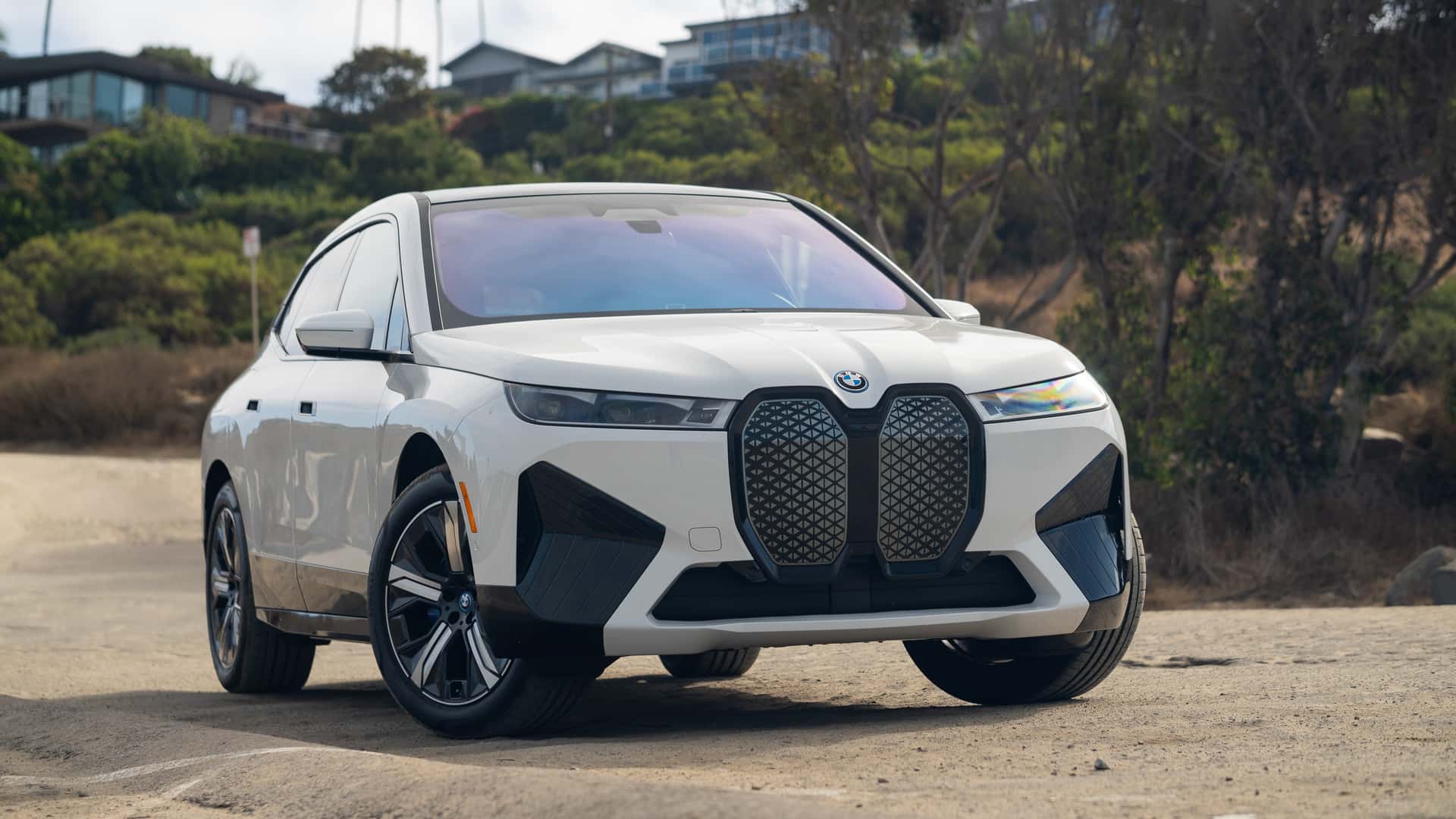BMW Group’s Electrified Vehicle Sales Show Strong Growth Despite Industry Challenges
The automotive industry has long been a battleground of opinions, with many critics questioning the viability of electric vehicles (EVs) and plug-in hybrid electric vehicles (PHEVs). However, the German automaker BMW Group is defying these doubts with impressive sales figures that highlight the growing demand for electrified vehicles.
Despite an overall decline in global sales during the first half of the year, BMW Group’s electrified vehicle segment continues to thrive. This resilience is particularly evident in the performance of its EV and PHEV models, which have seen significant growth compared to previous years.
Electrified Vehicles Outperform Traditional Models
In the second quarter of 2025, the BMW Group reported a 10.2% increase in electrified vehicle sales, reaching 161,462 units. This growth continued into the first half of the year, with a total of 318,949 electrified vehicles sold, representing an 18.5% rise compared to the same period in 2024. These numbers underscore the company’s commitment to transitioning towards sustainable mobility.
When considering only all-electric vehicles (EVs), the results are also positive. In Q2, the group sold 111,027 EVs, marking a 2.9% increase year-over-year. By the end of the first half of 2025, total EV sales reached 220,540 units, a 15.7% increase from the previous year.
PHEVs Drive Significant Growth
One of the most notable trends within the BMW Group is the surge in PHEV sales. The brand saw a 28.9% increase in PHEV sales during the first half of the year, with 98,339 units sold. This growth highlights the continued appeal of PHEVs among consumers who seek a balance between electric and traditional driving experiences.
However, there was a slight dip in EV sales for the BMW brand, which fell by 3% in the first six months of 2025, dropping from 179,557 units in 2024 to 174,063 units in 2025. This minor decline does not overshadow the broader success of the company’s electrification strategy.
Performance Across Brands
The Mini brand played a crucial role in boosting the BMW Group’s EV sales. One in three new Minis sold was an EV, contributing to a 17.3% increase in EV sales for the first half of the year. Meanwhile, Rolls-Royce, known for its luxury vehicles, experienced a slight decline in sales, with 2,796 units sold in the first six months of 2025—a decrease of 6.3% compared to the previous year. This is attributed to the brand’s focus on high-end pricing rather than volume.
Future Outlook
Looking ahead, BMW’s EV sales are expected to grow even further with the introduction of the Neue Klasse models. Starting with the iX3 crossover, these new models will be built on a bespoke 800-volt architecture, offering charging speeds of over 400 kilowatts and a driving range of up to 560 miles on a full charge. This innovation is set to strengthen BMW’s position in the EV market.
As the automotive landscape continues to evolve, the BMW Group’s strong performance in electrified vehicle sales demonstrates its ability to adapt and lead in a rapidly changing industry. With a clear focus on sustainability and innovation, the company is well-positioned to meet the growing demand for electric mobility.






